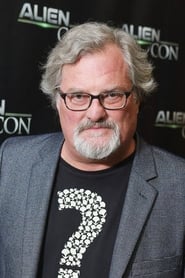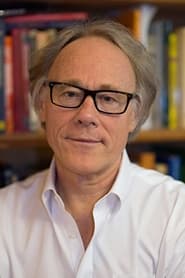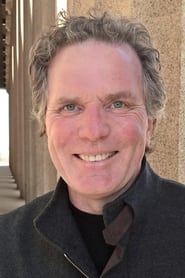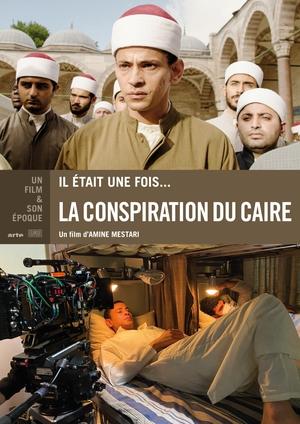
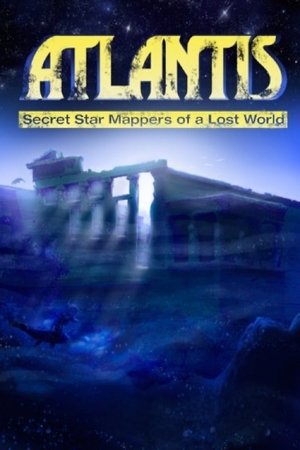
Atlantis: Secret Star Mappers of a Lost World(2007)
Go beyond the lost human history! A profile and examination of the recent findings of a highly advanced human settlement submerged at the end of the Ice Age when the sea level rose. The story of Atlantis has its roots in actual historical events!
Movie: Atlantis: Secret Star Mappers of a Lost World
Top 5 Billed Cast
Herself (as Dr. Maxine Asher)
Himself

Atlantis: Secret Star Mappers of a Lost World
HomePage
Overview
Go beyond the lost human history! A profile and examination of the recent findings of a highly advanced human settlement submerged at the end of the Ice Age when the sea level rose. The story of Atlantis has its roots in actual historical events!
Release Date
2007-07-01
Average
0
Rating:
0.0 startsTagline
Genres
Languages:
EnglishKeywords
Similar Movies
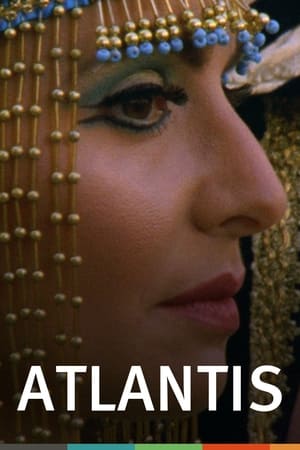 6.4
6.4Atlantis(en)
A documentary portrait of Utopia, loosely framed by Plato’s invocation of the lost continent of Atlantis in 360 BC and its re-resurrection via a 1970s science fiction pulp novel.
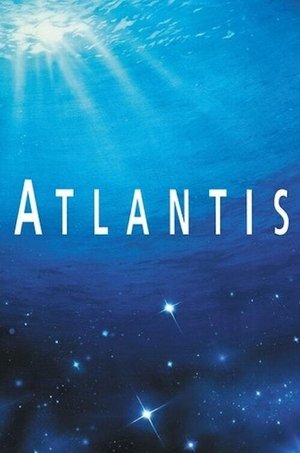 6.3
6.3Atlantis(fr)
Atmospheric soundtrack follows this compilation of nature footage that focuses on the ocean and various life forms that live, mate and die in it.
 0.0
0.0Tough Boats: Journey Down the Nile(en)
Board a traditional felucca sailboat and travel down the Nile from Aswan to Cairo, visiting spectacular ancient Egyptian tombs and temples on the way.
 5.5
5.5The Hidden History of Egypt(en)
Egyptians were famed for their extravagant building techniques and extraordinary gods, but what about the ordinary citizens? How did they lead their day to day lives? What did they do for entertainment? Did they believe in their gods? Discover astonishing facts that throw new light on our understanding of the Ancient Egyptians.
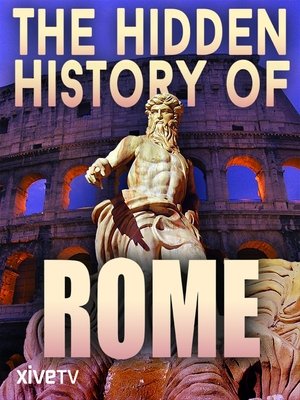 5.0
5.0The Hidden History of Rome(en)
Rome was famed for the decadence of its ruling class, however, what about the ordinary citizens of these ancient cultures? How did they lead their day to day lives in an age when the average life expectancy was little more than forty? Did they believe in the Pagan Gods? What were their sex lives like? What did they do for entertainment? How ordinary Romans lived is, for the most part ...
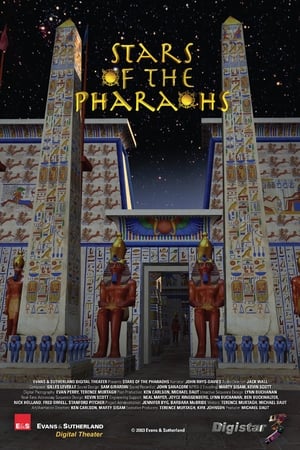 0.0
0.0Stars of the Pharaohs(en)
Travel to ancient Egypt to see how science was used to tell time, make a workable calendar, and align huge buildings. You'll learn about the connection the ancient Egyptians felt with the stars and various astronomical phenomena, and experience some of the most spectacular temples and tombs of the ancient world recreated in all of their original splendor. Telly Award winner. Narrated by John Rhys-Davies, of the Indiana Jones films and The Lord of the Rings films.
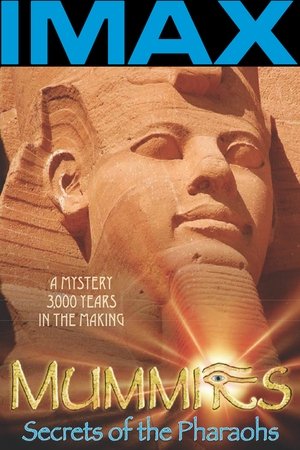 7.0
7.0Mummies: Secrets of the Pharaohs(en)
The grail is not the gold, nor the books of ancient wisdom, but the 3,000 year old DNA of the mummies, which may lead to a cure for malaria.
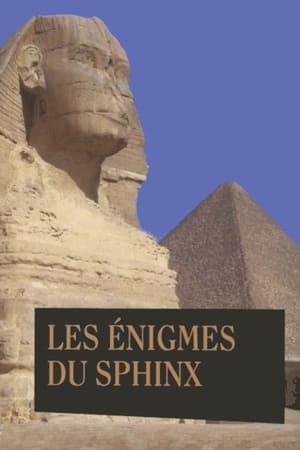 6.0
6.0Riddles of the Sphinx(en)
For over 4000 years, the Sphinx has puzzled all who have laid eyes on it. What is this crouching lion, human-headed creature? Who built it and why? To unlock its secrets, two teams of scientists and sculptors immerse themselves in the world of ancient Egypt — a land of pharaohs and pyramids, animal gods and mummies, sun worship and human sacrifice.
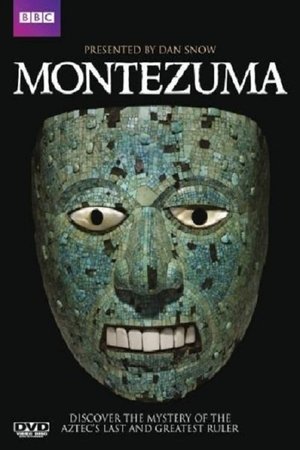 6.5
6.5Montezuma(en)
Montezuma is a 2009 BBC Television documentary film in which Dan Snow examines the reign of the Aztec Emperor Moctezuma II.
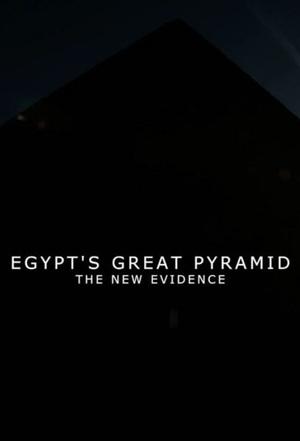 8.0
8.0Egypt's Great Pyramid: The New Evidence(en)
Egypt's Great Pyramid may be humanity's greatest achievement: a skyscraper of stone built without computers or complex machinery. This super-sized tomb has fascinated historians and archaeologists for centuries, but exactly how the ancient Egyptians finished the monument and fitted its two and a half million blocks in a quarter of a century has long remained an enigma. Today the secrets of the pyramid are finally being revealed thanks to a series of new findings. At the foot of the monument, archaeologists are uncovering the last surviving relic of the pharaoh Khufu, whose tomb it is: a huge ceremonial boat buried in flat-pack form for more than 4500 years. It's a clue that points to the important role that ships and water could have played in the pyramids' construction. This documentary follows investigations that reveal how strong the link between pyramids and boats is. It's a story of more than how Egypt built a pyramid: it's about how the pyramid helped build the modern world.
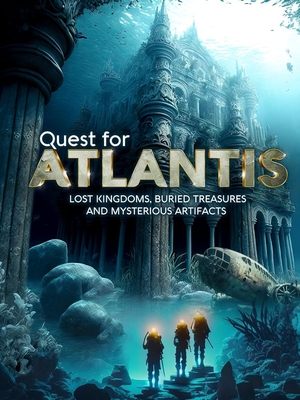 0.0
0.0Quest for Atlantis: Lost Kingdoms, Buried Treasures and Mysterious Artifacts(en)
It is estimated that the mythical city of Atlantis was swept away by a Tsunami in 9600 BC, vanquished from existence - but recent findings of ancient maps, monuments and submerged artifacts indicate that the Lost Kingdom may in fact have existed. The recent discovery of mummies, an underwater Stonehenge, monoliths, ancient drawings and much, much more could provide confirmation of one of Mankind's oldest mysteries.
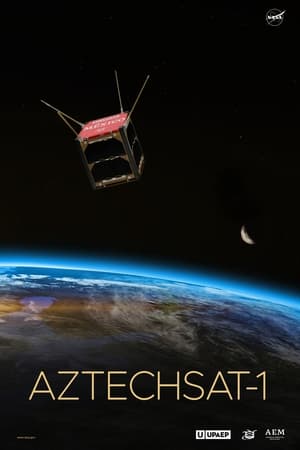 0.0
0.0AzTechSat-1(es)
NASA film documenting the launch and commissioning of AzTechSat-1, a pioneering one-to-one communications satellite in space.
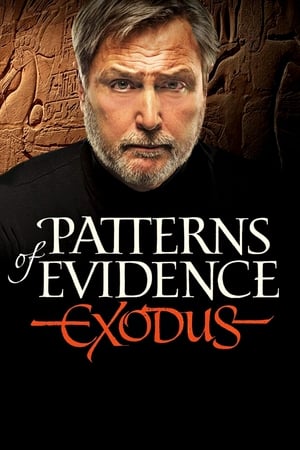 7.1
7.1Patterns of Evidence: The Exodus(en)
A debate rages over the credibility of the Bible. Most archaeologists today have concluded that there's no evidence that the Exodus of Israelite slaves from Egypt ever happened. Filmmaker Timothy Mahoney faces a crisis of faith: "Is this foundation event of the Bible really just a myth?" He embarks on a 12-year journey around the world to search for answers. The Exodus unlocks the mystery of this ancient saga, combining a scientific investigation with a retelling of the Exodus story to reveal an amazing pattern of evidence matching the biblical account that may challenge our understanding of history.
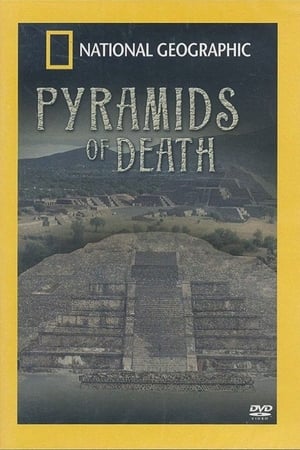 6.8
6.8National Geographic: Pyramids of Death(en)
They are some of the biggest pyramids on the planet, millions of tons of stone and earth towering above the landscape in a display of massive wealth and power. But it wasn't the pharaohs that built these pyramids. This is the majestic ancient city of Teotihuacán, Mexico, home to one of the most powerful civilizations of its time. But why, around 750 AD, did the advanced civilization that created Teotihuacán suddenly vanish? The identities of its founders, the language they spoke and even the original name of the city are all unknown. DNA analysis of bodies from Teotihuacán shows they weren't Mayan, Incan or Aztec, but an entirely different civilization. It was assumed to have been a peaceful, utopian society, but the latest discoveries are revealing a much darker scenario. In the depths of Teotihuacán's pyramids, experts have uncovered vault after vault filled with curious human remains.
 6.0
6.0Koran by Heart(en)
In this 80-minute documentary, three 10-year-old children leave their native countries to participate in one of the Islamic world’s most famous competitions, a test of memory and recitation known as The International Holy Koran Competition. Up against much older students, these youngsters have committed the 600 pages of the Koran to memory, and will put their skills to the test before the elite of the world’s Muslim community in Cairo, Egypt. In the midst of this intense international competition, the three young competitors –two boys from Senegal and Tajikistan, and one girl from the Maldives – face uncertain futures at home, as they are caught between fundamentalist and moderate visions of Islam. The children discuss their recitation techniques – with accompanying, completely improvised melodies – and talk about their nerves and excitement as they finally compete before a panel of judges.
 7.0
7.0Egypt: The Treasure Of The Sacred Bulls(en)
Through their fieldwork, scientists bring to life a lost and unknown chapter of ancient Egypt, and write the next of the greatest adventures in the history of archaeology.
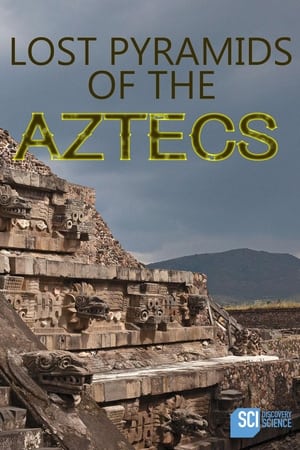 2.0
2.0Lost Pyramids of the Aztecs(en)
For centuries, archaeologists have been trying to understand the Aztec empire and reveal the truth about their origins. Now, new excavations could reveal astonishing secrets about how they lived and what life was like inside one of the greatest empires in history. Where did this group of nomadic people originate from? How did they undertake building their towering pyramids and other ambitious engineering feats using manpower alone? And how was such a powerful empire wiped out after just 200 years of power?
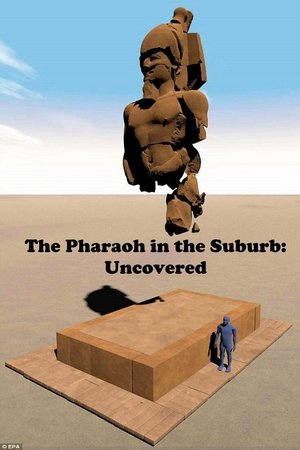 8.0
8.0The Pharaoh in the Suburb: Uncovered(en)
A chance find in a suburb of Cairo has shed new light on an all but forgotten Pharaoh, Psamtik I. Discovered in 2017, an eight-tonne fragment of a statue has led experts to believe that he was, in fact, one of Egypt’s greatest leaders, as this documentary reveals
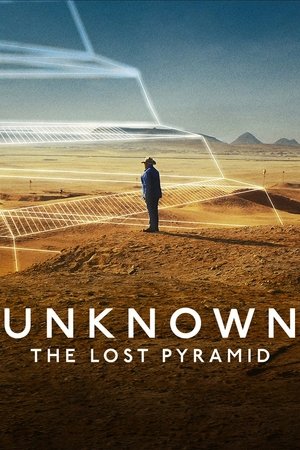 7.4
7.4Unknown: The Lost Pyramid(en)
Egyptian archeologists dig into history, discovering tombs and artifacts over 4,000 years old as they search for a buried pyramid in this documentary.
